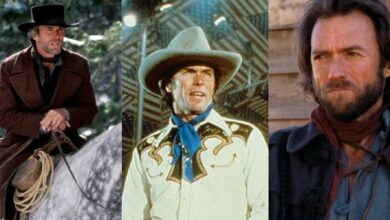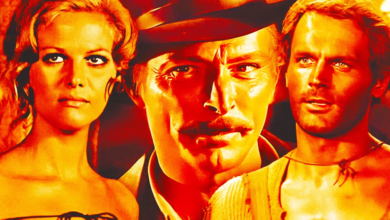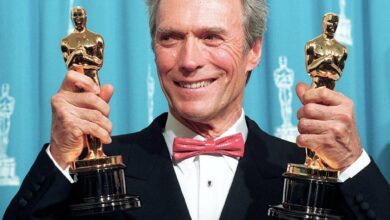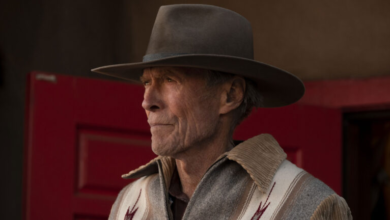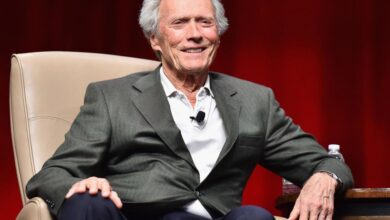THE SURPRISING HOLLYWOOD RULE INSPIRED BY CLINT EASTWOOD
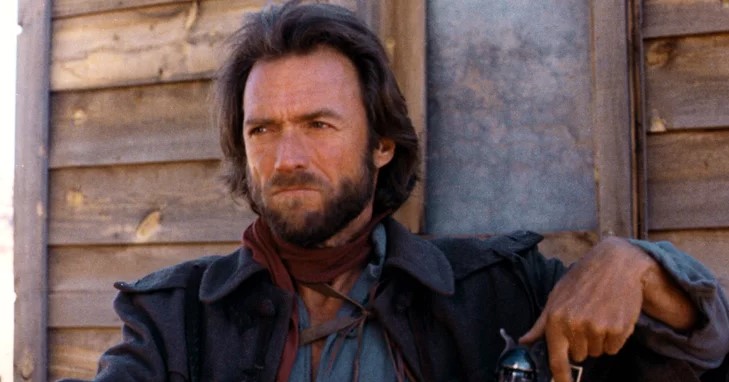
What is a film without a director? Every director, from Ava Duvernay to Chloe Zhao, has their own particular voice: a set of themes they repeatedly explore, their narrative and visual quirks, and even in some cases their preferred stable of actors to work with. This idea is neatly summarized in the notion of auteur theory, which categorizes a film director as the author of the movie (the term was popularized by the French film journal Cahiers du cinéma — “auteur” just means “author” in French).
But what if a film’s producers or lead actors decide their director isn’t the right artist to lead the making of the movie, even after the director has worked for months — or even years! — on developing the project, only to replace the original director with themselves? Since the mid-1970s, it’s expressly forbidden to do so, thanks to the Directors Guild of America (DGA) instituting The Eastwood Rule, named for, but not in honor of, Clint Eastwood.
THE EASTWOOD RULE DOESN’T HONOR CLINT
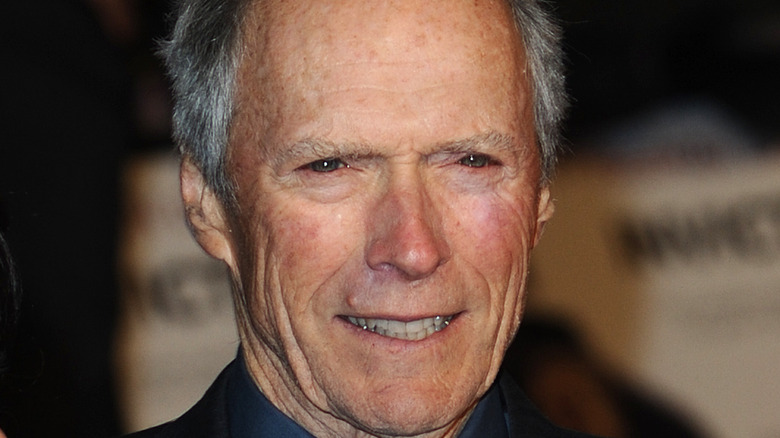
It’s easy to assume that The Eastwood Rule is named in honor of the much-decorated actor/director, but it’s really a rebuke from his colleagues in the DGA. In 1976, after two decades as an actor most famous for his roles as a handsome, lanky, and taciturn quick-draw artist in Westerns on TV and the big screen, Clint Eastwood was starring in “The Outlaw Josey Wales.” The director of the picture, Philip Kaufman, was taking a very deliberate approach to casting and rehearsals, which was putting the film behind schedule. Eastwood and Kaufman clashed, badly.
According to Patrick McGilligan’s biography “Clint: The Life and Legend”: “Kaufman’s methodical pace was anathema to him. The introspective Kaufman made Clint nervous, pacing around in his leather cowboy hat like Sergio Leone, studiously weighing his options and framing his shots.”
After over a month of clashes between Eastwood and Kaufman, the actor was able to leverage his clout as the lead actor and a co-producer to have Kaufman removed from the project, taking on the director’s responsibilities himself, as described in “Clint: The Life and Legend.” Good for Eastwood, maybe, but the DGA was not impressed, fining the new director $60,000 (according to the Bureau of Labor Statistics, that’s about $300,000 in 2022) and adopting a new clause in their contracts that stipulated imposing harsher fines and revoking a director’s membership in the guild if a producer violated the rule a second time by firing and personally taking over as director.
EASTWOOD PROTECTED HIS DIRECTOR STATUS
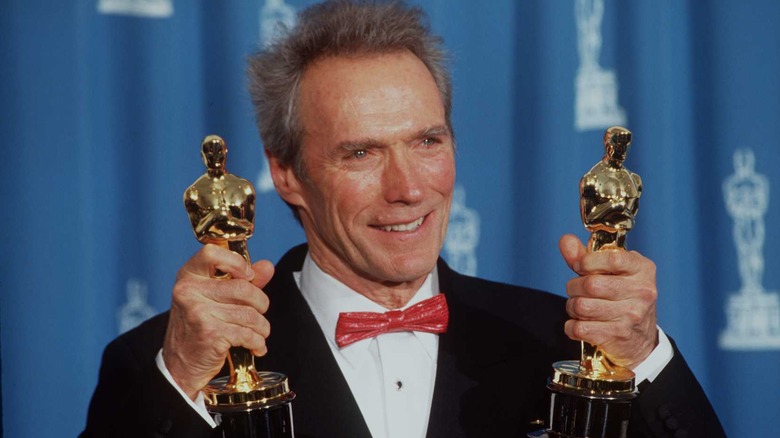
In an ironic twist, Eastwood himself was already protected from exactly the kind of power play he had executed on the set of “The Outlaw Josey Wales.” According to a 2010 evaluation of Eastwood’s career to date in The New Yorker, in the late 1960s, he had secured his own ability to wield creative control over key aspects of filmmaking such as the screenplay, choosing his director, and who to cast in primary roles. This shrewd move was accomplished by Eastwood establishing Malpaso Productions; now, rather than negotiating with him as an individual actor, studios were forced to negotiate with his company.
Clint Eastwood’s fierce protection of his creative independence has born fruit for the five decades since. His most acclaimed run of films began with 1993’s “Unforgiven” and to date continued through 2015’s “American Sniper.” Having won best picture and best director — the two most prestigious Academy Awards — twice, for “Unforgiven” in 1993 and “Million Dollar Baby” in 2005, he has nothing to prove artistically but continues to release a film nearly every year.
JOSEY WALES YIELDS ACCLAIM FOR DIRECTOR CLINT EASTWOOD
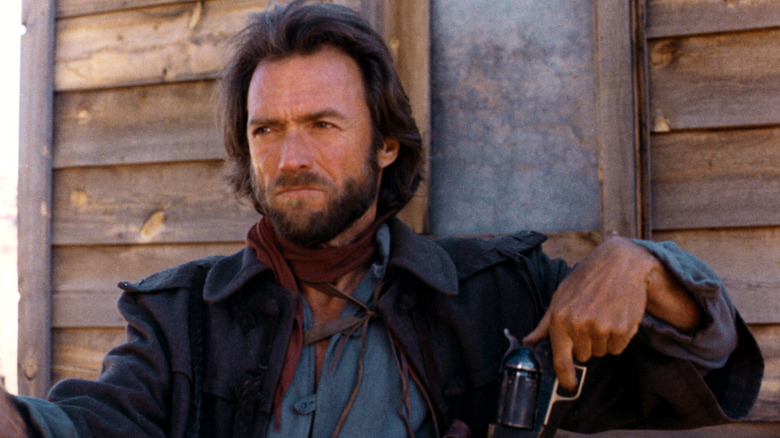
So how did Clint Eastwood’s creative coup on the set of “The Outlaw Josey Wales” pan out for the film itself? It’s hard to imagine a better outcome for the young actor-director: The film was released to very strong reviews in 1976 (per the review aggregator Rotten Tomatoes), and as noted by the British Film Institute, has gone on to enjoy a contemporary reputation as an early high-water mark in Eastwood’s directorial career.
According to The New Yorker’s profile of Eastwood, legendary film auteur Orson Welles even described “The Outlaw Josey Wales” as being in the same league as classic Westerns by John Ford and Howard Hawks. Over time, many others have agreed with his assessment: In 1996, The National Film Preservation Board selected it for inclusion in their National Film Registry, an annual list honoring 25 films that exemplify “the range and diversity of American film heritage.”
The Eastwood Rule — and the inside-baseball scandal that produced it — clearly hasn’t hurt Clint Eastwood’s career one bit and has protected his fellow directors from some measure of studio interference in their creative processes. Seems like a win-win!
Read More: https://www.grunge.com/829455/the-surprising-hollywood-rule-inspired-by-clint-eastwood/?utm_campaign=clip

